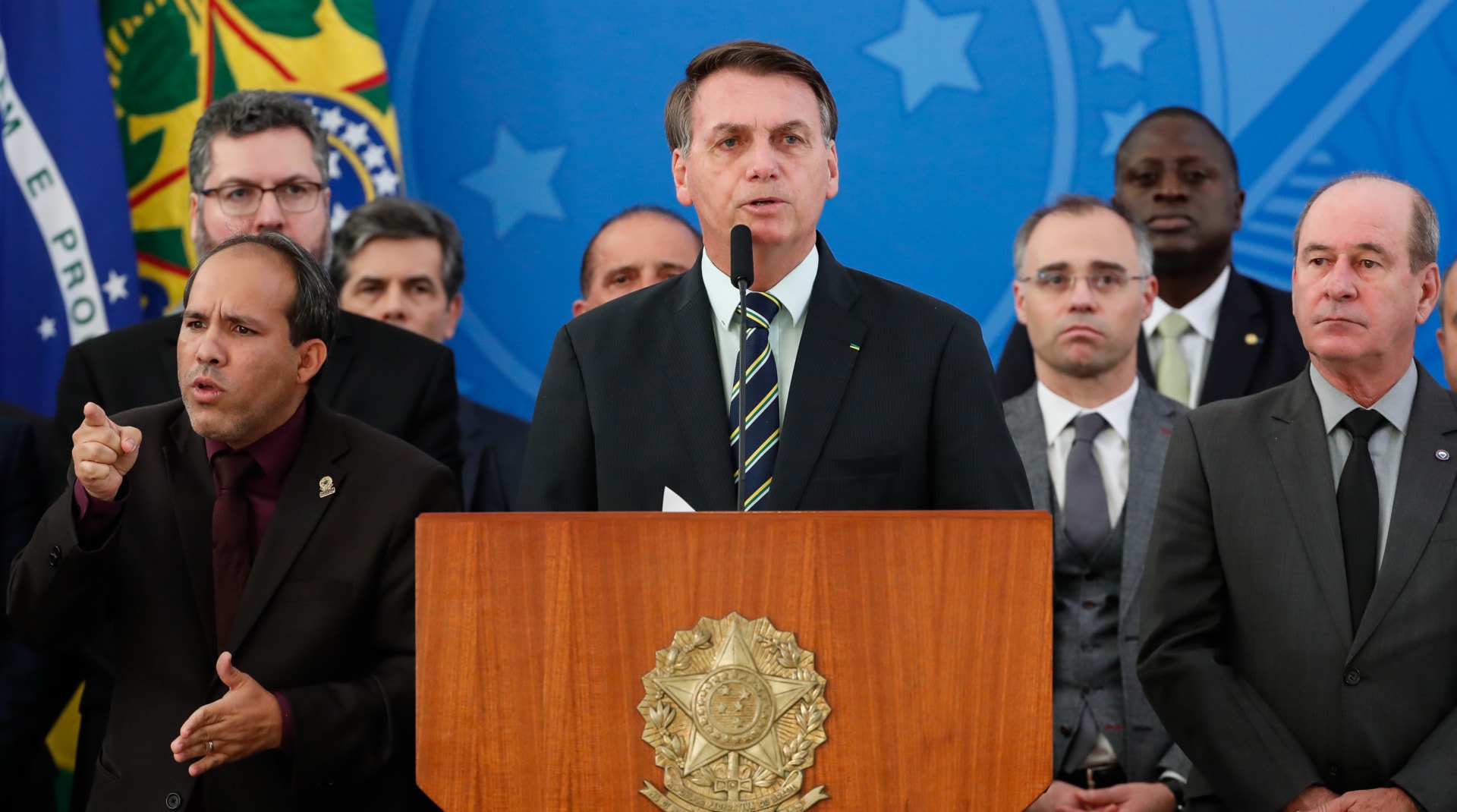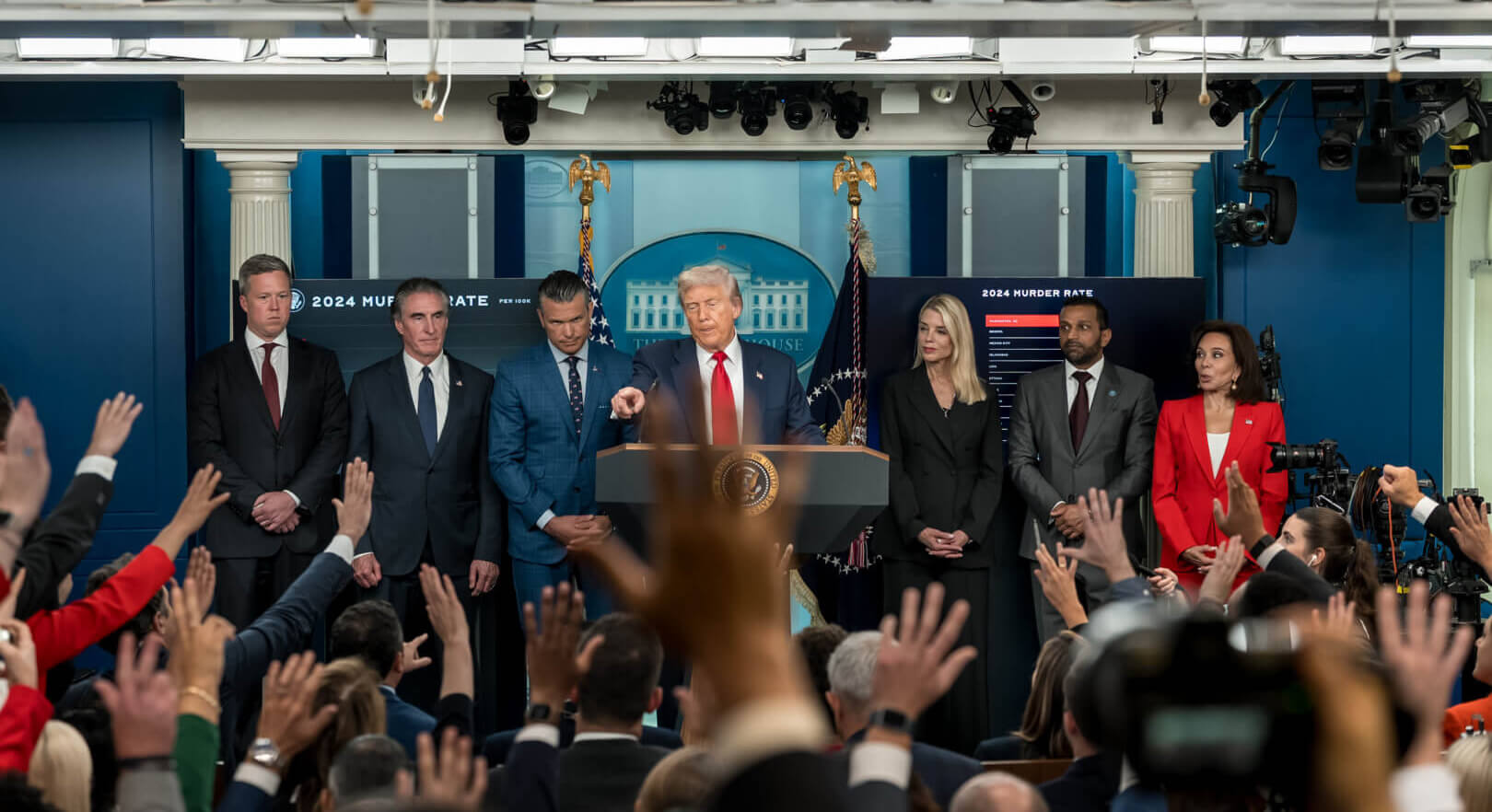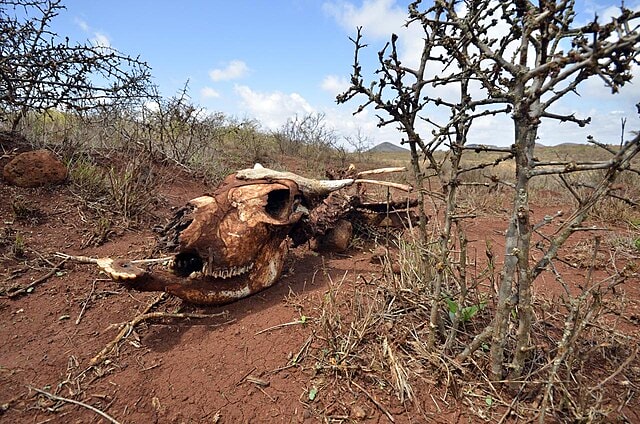A recent report published by the Stockholm-based International Institute for Democracy and Electoral Assistance (IDEA) has concluded that democracy is “under both literal and figurative assault around the world.”
This is in large part the result of declining public faith in the value of democracy, as elected leaders struggle to address the unprecedented challenges of today.
General findings
According to IDEA, not only has the number of democracies stagnated, but half of the world’s democracies are actually in retreat.
This democratic erosion is coupled with the strengthening of autocracies, as the report finds that amongst hybrid and autocratic regimes, 50% are becoming more repressive. This equates to around 1 in 5 of all countries globally.
IDEA also pays close attention to “backsliding” nations, where democratic characteristics of the political system are in decline. This decline is in many cases due to elected leaders who use their power to deliberately weaken the democracy in effect.
The number of countries currently experiencing such backsliding currently remains at its peak, with Poland, Hungary, Brazil, El Salvador, India, Mauritius, and the USA all fitting into this bracket to either a severe or moderate extent.
The report also finds that whilst nations gradually adopt more autocratic tendencies, the public are simultaneously losing confidence in the value of democratic government.
When asked in 2017 whether they thought democracy was important, 52.4% of respondents answered yes, whereas in the most recent survey only 47.4% gave this reply.
This decrease of around 5% clarifies the growing need for governments to rebuild public trust in the abilities of democratic systems to effectively address todays’ challenges.
Protesters in China now calling for democracy. "We don't want a dictatorship. We want democracy. We don't want a leader. We want voting. We stand with the people of Xinjiang. We stand with the women of Iran.”
pic.twitter.com/GRrElKyMdI— Frida Ghitis (@FridaGhitis) November 27, 2022
Regime classification
In order to assess the extent to which a nation is democratic or autocratic, IDEA measured the countries political systems using five indices:
- Representative government – the extent to which access to political power is free and equal.
- Fundamental rights – the degree to which civil liberties are respected.
- Checks on government – measures the level of control of executive power.
- Impartial administration – how fairly and predictably political decisions are implemented.
- Participators engagement – measures people’s political participation and societal engagement.
When assessed against these indices, in some cases countries’ scores had worsened to the extent where they now equal the levels last seen in 1990.
Examples of some of these particularly concerning regimes, as well as more promising nations, are highlighted within the report’s analyses of each region.
Spotlight: Iraq
“Democracy in Iraq has endured turbulent years,” states the report, as “a deteriorating economy caused by a fall in oil prices and the effects of Covid-19 has increased public disillusionment.”
Trust in Iraq’s political system is amongst the lowest in the region of West Asia.
This is largely due to the fact that although the country contains one of the youngest populations in the world, with nearly 60% of Iraq’s citizens under 25 years old, young people are increasingly being excluded from political decision-making processes.
The percentage of citizens who perceive the political system as corrupt is also amongst the highest in the region.
The report does, however, also pay heed to the centres working to support youth activism and improve citizen-state relations in Iraq. The Al-Bayan Centre for Planning and Studies and the Reewaq Baghdad Centre are listed as two organisations carrying out particularly promising work.

Spotlight: Moldova
Moldova is referred to as “a bright example of democracy in Europe.”
The Eastern European country is among the top 25% of nations globally with regards to the “representative government” index, the report finds, the subattributes of which include clean elections, inclusive suffrage, free political parties, and elected government.
The nation’s recent phase of “unprecedented” democratic expansion is deemed particularly noteworthy given the myriad of old and new challenges that Moldova’s post-Soviet transition has faced, most recently including Russia’s invasion of Ukraine.
Spotlight: USA
The USA is named as one of the “moderately backsliding” nations in IDEA’s report as in the aftermath of Trump’s presidency threats to democracy, including the rolling back of long-standing rights, have persisted.
The Supreme Court’s decision to effectively overturn Roe v. Wade, which had established a federal right to abortion in 1973, clearly demonstrates such “backsliding.” This decision has now led to the banning of most abortions in at least 13 states, in some cases as early as 13 weeks into pregnancy.
Related Articles: The Post-Roe Era Has Begun: What It Means for the US and the World | Hungary Is No Longer a Democracy
Public faith in the nation’s democratic systems was also in many cases shattered by Donald Trump’s “big lie” about the 2020 election, in which he claimed the outcome was “rigged”.
As such distrust continues to gather force, space is made for enforcement of undemocratic measures and the elevation of leaders with autocratic leanings.
"Nowadays, autocracies are run not by one bad guy, but by sophisticated networks composed of kleptocratic financial structures, security services, and professional propagandists."
🗣 | @anneapplebaum pic.twitter.com/HOZLroSF1N
— Forum @ NED (@ThinkDemocracy) December 1, 2022
“Democracy does not appear to be evolving in a way that reflects quickly changing needs and priorities,” claims IDEA.
To address this, the group recommends a number of global governmental changes, including:
- Prioritisation of the implementation and enforcement of strategies and policies that reduce corruption and rebuild public trust.
- Ensurance of the protection of Freedom of Expression.
- Prioritisation of addressing all forms of inequality, especially in light of inflation and the rising cost of living.
Public discontent continues to grow in the face of both autocratic and democratic governance, as demonstrated by the doubling in the number of protests around the world between 2017 and 2022.
To address this discontent and the diminishing faith in the value of democracy, IDEA urges that nations’ social contracts, the implicit agreements of what governments provide for their people in exchange for public legitimacy, “must be reconceptualized to reflect a new reality and respond to new and evolving public needs and demands.”
Editor’s Note: The opinions expressed here by the authors are their own, not those of Impakter.com — In the Featured Photo: The Birthplace of Democracy, Athens. Featured Photo Credit: G. S. Matthews.














